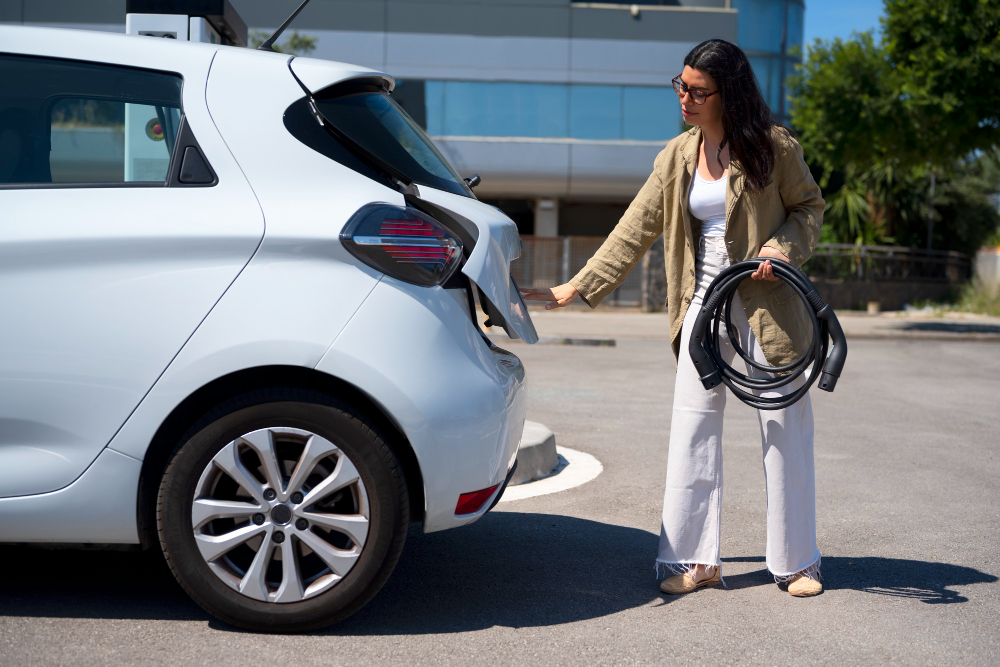
The Disadvantages of Owning a Hybrid Car
Hybrid cars have gained popularity in recent years as eco-friendly alternatives to traditional gasoline-powered vehicles. With their combination of gasoline engines and electric motors, hybrid cars promise improved fuel efficiency and reduced emissions. However, despite their many benefits, hybrid cars also come with a set of disadvantages that prospective buyers should consider before making a purchase.
High Initial Cost
One of the main drawbacks of hybrid cars is their higher initial cost compared to conventional gasoline vehicles. The technology required to produce hybrid cars, including the integration of electric motors, batteries, and regenerative braking systems, adds to their manufacturing expenses. As a result, hybrid cars often come with a premium price tag, which may deter budget-conscious consumers.
Complexity of Maintenance and Repairs
Hybrid vehicles are more complex than traditional gasoline cars, requiring specialized knowledge and equipment for maintenance and repairs. Components such as batteries, electric motors, and hybrid drivetrains may require servicing from technicians trained in hybrid vehicle systems. Additionally, replacement parts for hybrid cars can be more expensive than those for conventional vehicles, leading to higher repair costs over time.
Limited Electric-Only Range
While hybrid cars offer improved fuel efficiency by utilizing electric power at lower speeds, their electric-only range is often limited. Most hybrid models can only travel short distances on electric power alone before switching to gasoline mode. This limitation may not be ideal for drivers seeking to reduce their reliance on fossil fuels for longer journeys or daily commutes beyond the electric range.
Battery Degradation and Replacement Costs
The battery packs used in hybrid cars are essential components that store and provide electrical energy to the vehicle’s electric motor. Over time, these batteries may experience degradation, resulting in reduced performance and diminished electric range. Battery replacement can be costly, potentially offsetting any fuel savings achieved through improved efficiency.
Performance Trade-Offs
While hybrid cars excel in fuel efficiency and eco-friendliness, they may sacrifice performance compared to their gasoline counterparts. The added weight of battery packs and electric components can affect acceleration, handling, and overall driving dynamics. Some drivers may find hybrid vehicles less engaging or responsive to drive, especially in sportier driving conditions.
Challenges in Cold Weather
Hybrid cars may experience reduced efficiency and performance in cold weather conditions. Cold temperatures can affect battery performance and reduce electric range, leading to increased reliance on the gasoline engine for propulsion. Additionally, hybrid vehicles may take longer to warm up in cold weather, impacting fuel economy until the engine reaches optimal operating temperature.
Considering the Trade-Offs
In conclusion, while hybrid cars offer several advantages such as improved fuel efficiency and reduced emissions, they also come with their own set of disadvantages. These include high initial costs, complexity of maintenance and repairs, limited electric-only range, battery degradation and replacement costs, performance trade-offs, and challenges in cold weather conditions. Prospective buyers should carefully weigh these factors against their priorities and driving needs before deciding whether a hybrid car is the right choice for them.

